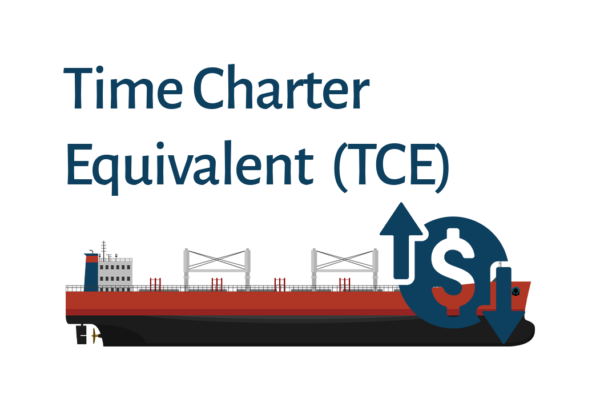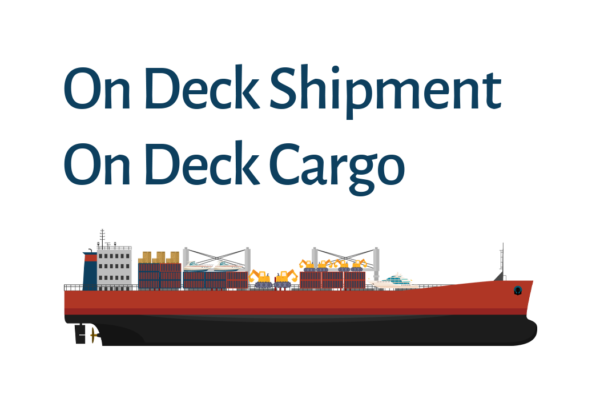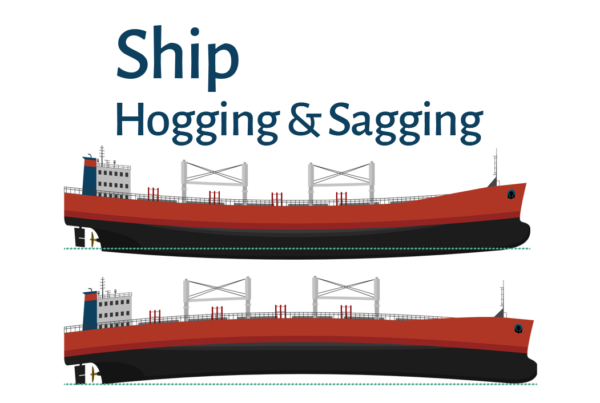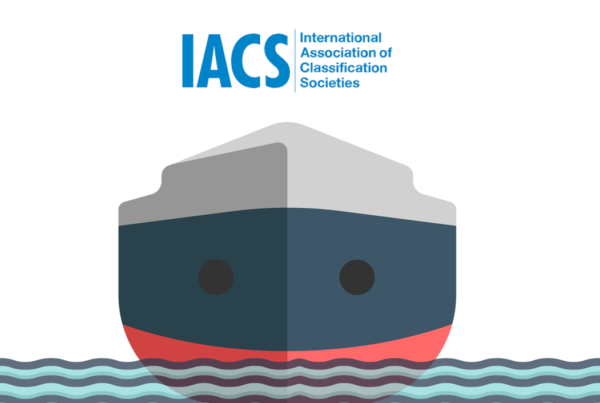LayCan is an abbreviation for the “Laydays and Cancelling” clause in a charter-party contract in the shipping industry. It is particularly used in voyage chartering. It refers to the time frame within which a vessel is expected to arrive at the loading port. This laytime window is crucial for logistics planning and ensuring smooth vessel operations.
In this blog, we will delve into the definition of laycan, its origin, relevance, and its importance in voyage chartering. We will also explore the laycan clause, notice of readiness, and provide illustrative examples of laycan in action. Additionally, we will discuss the potential legal implications of laycan and its role in charterparty agreements.
Defining Laycan in Shipping
Laydays and Cancelling Date
Laycan, or laydays and cancelling, refers to the specific period during which a vessel is expected to arrive legally and physically at the loading port. It is an abbreviation of “lay days cancelling.”
In shipping, laycan holds immense significance as it determines the commencement of loading time frame for cargo in voyage chartering. The laycan period is agreed upon by both parties(charterers and shipowners) involved in a contract and must be strictly adhered to. Any delay in arrival beyond this period can result in financial penalties for the shipowner or ship operator.
Additionally, accurate forecasting and scheduling are critical for successful operations and minimizing overall costs such as demurrage or detention. In this step, there is a heavy role on charterers in determining the laycan properly.

“When stating laydays/cancelling date, two aspects should be kept in mind - a) the contractual
BIMCO Informatique A/SCheck Before Fixing!
position if the vessel presents herself for loading too early, and b) the position if she cannot
meet the cancelling date.”
The laycan term is originated from the shipping industry’s need for efficient vessel scheduling. By agreeing upon laycan, charterers and shipowners can effectively manage vessel arrival, loading, sailing from loadport at the most optimum way possible.
The laycan window is influenced by factors such as port availability, voyage duration, and logistics requirements from the shipper’s side. Adhering to laycan ensures efficient shipment of goods, minimizes delays, maximizes vessel utilization, and reduces demurrage costs at loading port.
The Laycan Clause
Voyage Chartering Concept of LayCan
The laycan clause is a crucial component of a voyage charterparty agreement in shipping. It specifies the date range within which the vessel is expected to arrive at the loading port. In this context, arrival has two main grounds. The first one is legal arrival and NOR tendering. The second one is physical arrival being technically ready for cargo operations at the load port.
Charterers are responsible for providing the laycan window, indicating the earliest and latest date for vessel arrival. By including the laycan clause, charterparty agreements ensure logistics and shipping operations are carried out in accordance with the agreed time frame. Failure to meet the laycan window may result in cancellation of the charterparty agreement by the charterers.
In some chartparties, the LayCan clause can be found in two different clauses. First one states the first day expected readiness of the vessel. The other one is basically called as “Cancelling Clause”.
In below, you will see the example of these clauses from different charterparty forms.
”It is agreed between the party mentioned in Box 3 as the Owners of the Vessel named in Box 5, of the GT/NT indicated in Box 6 and carrying about the number of metric tons of deadweight capacity all told on summer loadline stated in Box 7, now in position as stated in Box 8 and expected ready to load under this Charter Party about the date indicated in Box 9...
Gencon Charter Party Form, 1994Bimco
”If required by Charterers, time on hire shall not commence before .... and should the Vessel not have been delivered on or before .... at the port or place stated in Sub-clause 2(a), the Charterers shall have the option of cancelling this Charter Party at any time but not later than the day of the Vessel's notice of delivery.
NYPE Charter Party Form, 2015Bimco
”a) Should the Vessel not be ready to load (whether in berth or not) on the agreed cancelling date, the Charterers shall have the option of cancelling this Charter Party.
(b) Should the Owners anticipate that, despite the exercise of due diligence, the Vessel will not be ready to load by the cancelling date, they shall notify the Charterers thereof without delay stating the expected date of the Vessel’s readiness to load and asking whether the Charterers will exercise their option of cancelling the Charter Party, or agree to a new cancelling date.
Such option must be declared by the Charterers within 48 running hours after the receipt of the Owners’ notice. If the Charterers do not exercise their option of cancelling, then this Charter Party shall be deemed to be amended such that the seventh day after the new readiness date stated in the Owners’ notification to the Charterers shall be the new cancelling date.
The provisions of sub-clause (b) of this Clause shall operate only once, and in case of the Vessel’s further delay, the Charterers shall have the option of cancelling the Charter Party as per sub-clause (a) of this Clause.
CANCELCON, 2002Bimco
The cancelling date is a critical aspect of laycan, allowing parties to cancel the charterparty if vessel arrival is delayed beyond the laycan window. It is specified in the charterparty to provide legal clarity and avoid disputes. The cancelling date is designed to protect charterers and shipowners from vessel arrival beyond the laycan window, which could disrupt logistics and shipping operations. By carefully considering the cancelling date, chartering parties can mitigate financial and operational risks, and charterers can secure alternative shipping arrangements if vessel arrival is delayed.
Laycan in the Context of Chartering
How is Laycan Implemented in Ship Chartering?
Laycan is an essential consideration in ship chartering, ensuring vessel readiness and availability. Charterparty agreements lay down laycan terms, specifying arrival, loading, and discharge timeframes. Effective laycan management is crucial for charterer, shipowner, and port coordination. The laycan clause provides charter parties with time flexibility, balancing voyage duration and logistics requirements. Understanding laycan is key to efficient ship chartering, logistics planning, and cargo delivery.
Laydays, along with the cancelling date, play a vital role in charterparty agreements. Laycan is implemented through careful negotiation of charterparty terms, including laytime, laycan window, and cancelling date. Parties agree on the earliest and latest arrival dates, laytime duration, and cancellation provisions. Laycan is implemented by aligning shipowner, charterer, and port availability schedules. Parties consider port laytime, loading, discharge rates, and vessel readiness when finalizing laycan terms. Proper laycan implementation ensures efficient ship chartering, logistics, and cargo operations.
In conclusion, understanding the laycan term in shipping is crucial for both shipowners and charterers to ensure smooth operations and avoid any legal complications. The laycan period is the agreed-upon timeframe within which the ship must be ready to load or discharge cargo. It provides a buffer for both parties to make necessary arrangements and avoids unnecessary delays. The laycan clause specifies the exact dates or a range of dates within which the ship must be ready. It is important to carefully consider the notice of readiness and ensure compliance with the laycan period to avoid any disputes. By understanding and implementing the laycan term effectively, both shipowners and charterers can streamline their operations and maintain a successful partnership.
Discover Our Other Posts

Time Charter Equivalent (TCE)





